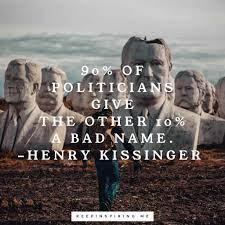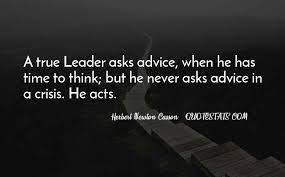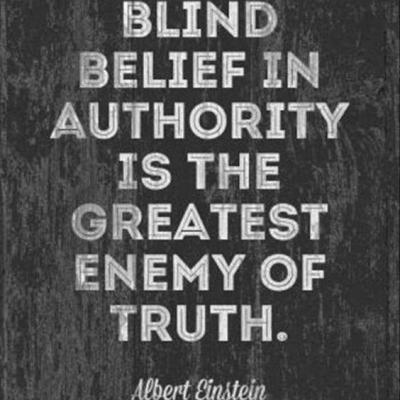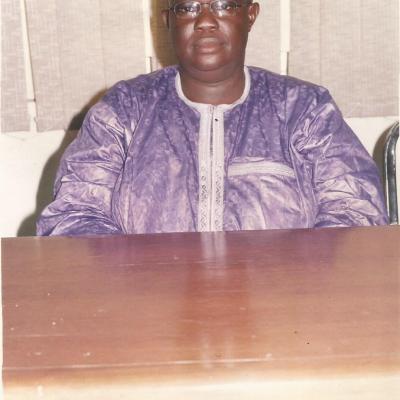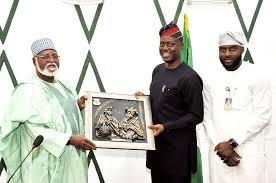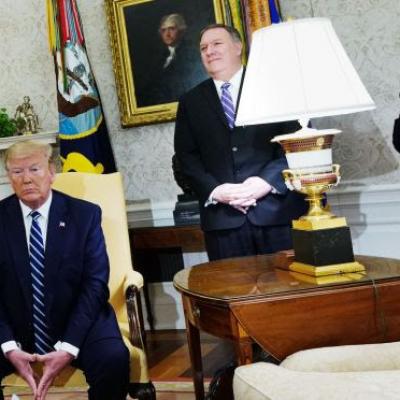
Governance in Nigeria : The Unanswered Question
- By solomon2day
- On 07/08/2018
- In Solomon's Column
Nigerians have for several years embarked on the journey to promote a just and equitable society without encouraging results.
This is regardless of the countless number of prominent citizens, who belong to the private and public sectors, including the civil society community at home and in diaspora.
Sadly, most of the innovative ideas and policy options of governance have failed woefully to serve as springboard for the country's social, political and economic emancipation from the vicious circle of underdevelopment.
Of note, is the fact that Nigeria is yet to attain the status of a free, dynamic and knowledge based economy, this is just as there are no genuine signs of commitment to fairness, equity and justice.
The foregoing stems from bad and improper governance at all levels of government.
Decisions and policies of government are guided by self-centered ideals and obsessive greed.
Most political office holders lack ideology and principles to recommend a soothing cure for the country's ailments, this is convincingly reflected in the very weak economic and political reforms which are without doubt not the compass for a new world order.
The myriad of problems confronting the country amplifies the need for transparent and incorruptible institutions to decisively address pressing issues which have taken a political turn.
Those institutions that were in place from time immemorial, might not have achieved the purpose for which they were established, even though enormous financial resources heralded their establishment.
The major questions on the lips of most Nigerians, include, Who is saddled with the responsibilities for policy formulation and governance under the present dispensation?
Is it the state or does it rest on the exploitative hands of a few private individuals ?
These questions remain unanswered, definitely not one of the high points of Democracy.


